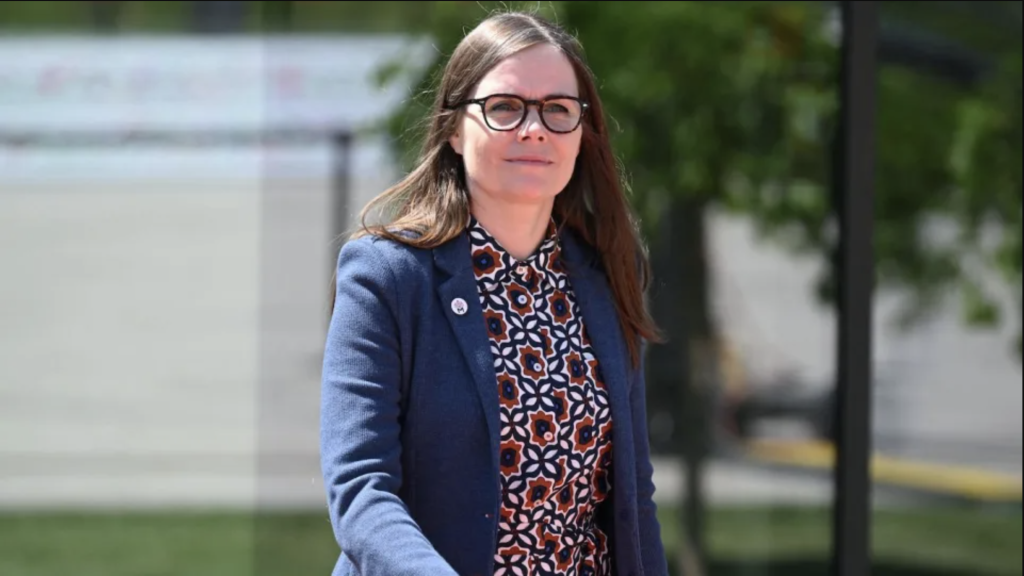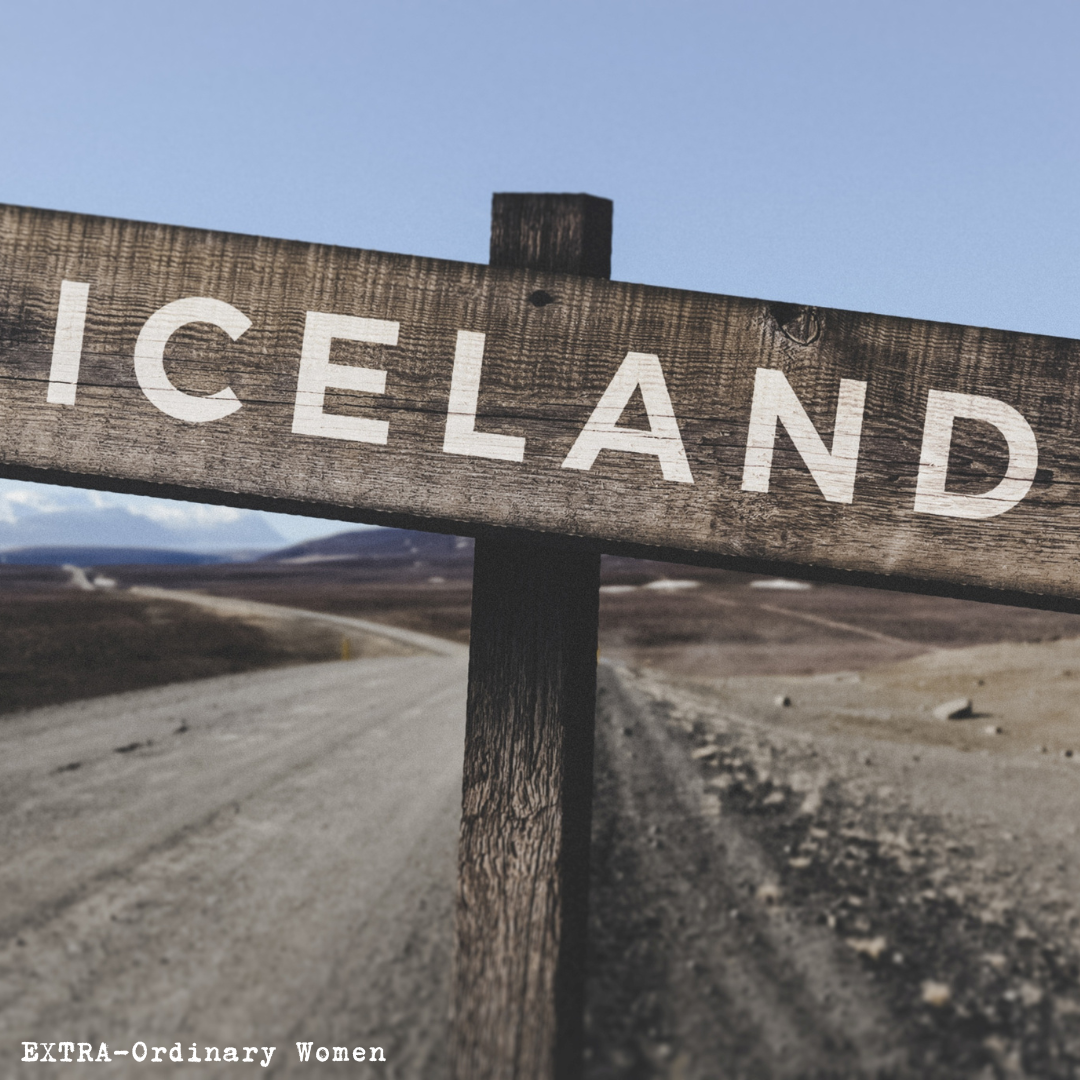Icelandic women, including the prime minister, are set to protest against gender inequality through a strike.

On Tuesday, women throughout Iceland, including the prime minister, will participate in a strike as part of an ongoing campaign to promote greater gender equality in the nation. According to organizers of the campaign, this marks the seventh instance of Icelandic women going on strike to advocate for gender equality. The initial strike occurred on October 24, 1975.
Organizers have urged all women in Iceland, including immigrant women, to refrain from work, both paid and unpaid, on October 24. Throughout the entire day, women and non-binary individuals will participate in the strike to underscore the significance of their contributions to society. This strike, referred to as the “Women’s Day Off” or “Kvennafrí” in Icelandic, aims to shed light on the systemic issues of wage discrimination and gender-based violence that women in Iceland encounter, as stated by the organizers.
Icelandic Prime Minister Katrín Jakobsdóttir informed the Icelandic news site Iceland Monitor on Friday that she intends to join the strike and anticipates that other female government members will do the same “in support of Icelandic women.” Jakobsdóttir emphasized that despite ongoing efforts, complete gender equality remains unattained and addressing the gender-based wage disparity and violence against women remains a crucial focus for her government in 2023.
Previously, her administration had pledged to eliminate the gender wage gap by 2022.
Organizers have noted that Icelandic employers have typically supported these strikes and refrained from withholding or reducing the wages of participating employees.
The strike this year has garnered support from various organizations, including the largest federation of public workers unions in Iceland, the Federation of the Public Workers Union in Iceland (BSRB), the Icelandic Nurses’ Association, and the Icelandic Association of Women’s Associations.
Organizers are placing special emphasis on the challenges faced by immigrant women, whose significant contributions to Icelandic society are often unacknowledged and inadequately compensated, according to them.
In a 2019 CNN article, Jakobsdóttir explained how the narratives shared by migrant and ethnic minority women played a pivotal role in Iceland. She noted that these testimonies highlighted that while Iceland had made substantial strides in gender equality on a global scale, it had not adequately addressed the intersections of gender, race, and class injustices.
Organizers have encouraged men to express their solidarity with striking women by assuming extra responsibilities both at home and in the workplace, allowing their female and non-binary partners or colleagues to participate in the strike.
Simultaneously, the Icelandic government has directed its attention towards a newly initiated research initiative examining the wage gap between occupations historically dominated by men and those predominantly occupied by women, as stated by Jakobsdóttir.
“We are examining the disparities in these roles because we believe that the wage gap is influenced by these differences,” Jakobsdóttir explained.



